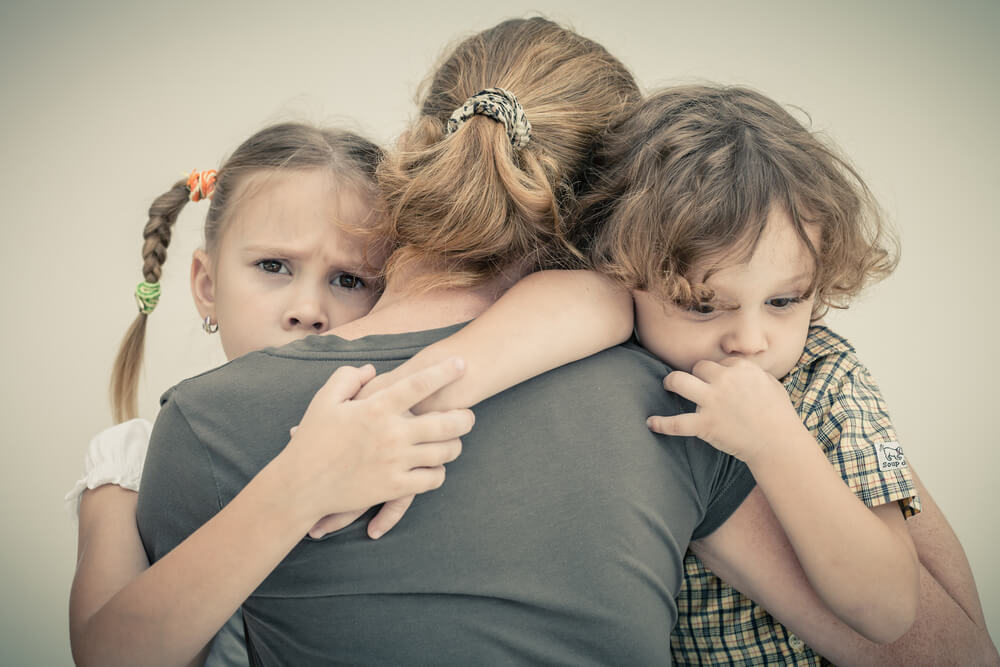
As I sit and read the story about the beautiful 7-year-old boy tragically killed recently in a parking lot in Covington, I am sobbing. I did not know him, but I ache for his parents, and I, like anyone in this small community, struggles with the question of why this happened. The simple and hard truth is that we will never know an objective answer to that question. We are stuck wondering and anguished.
One of the notable parts of this tragedy is that it happened in a small town. From what I understand, a lot of people would routinely see and dote on this little boy around the area of his parents’ restaurant. They would interact with him at school, play with him on the playground, and make a lasting impact on those who knew him. Those who had the privilege of being connected to him either literally or in a more distant way are affected by his death, and they mourn. The grief felt in the community over the loss will never compare to his family’s loss. And sometimes that thought – the one that says “you didn’t know him like they knew him…” can create feelings of shame for reacting in an emotional way. People then tend to stop talking about it. It is simply too hard, too sad, and too scary to revisit.
It’s Okay To Talk About It
Grief is such a painful subject, that many wonder what good can come from talking about these feelings in a small community. There is so much good that can come from it. Human beings yearn for connection. People find that sense of connection in a variety of ways. Things like shared experiences, emotional bonding, physical attributes, and intellectual commonalities connect people constantly. This tragedy is a connection. It is a tragic phenomenon to be a part of, but it is a connection nonetheless. Everyone feels the sadness and the loss.
A Path to Healing
Knowing this about people creates a path toward healing. Healing comes with connection promoted by open communication. Displays of emotion and affection, conversations, embraces, and simply being with each other, can abate feelings of loneliness in such a difficult time. In a community, loss and grief can also bring about action.
When the loss of someone so innocent and impactful occurs, and it is too difficult to understand or reconcile, the idea of acting on something becomes a way to transform grief into something more purposeful. Communities evaluate how they can do better, how they can prevent tragedy, and how they can honor those who died for no immediately foreseeable reason. Some communities make new laws or regulations, create foundations, or dedicate actions all to acknowledge and express the feelings of loss and connect with their grieving brethren.
Healing in a community means not being afraid to confront sadness and loss. Listening to those who are in pain is necessary and knowing when to shut up can be important too. Love, compassion, time, and absence of judgement is paramount. While people may never truly understand the meaning of life, we know that in death we are reminded of how precious life is.
This post was written by Micah Hatchett, Ph.D., LPC-S, a local counselor affiliated with our partners at Northshore Counseling and Wellness. Dr. Hatchett is a mother of two, a resident of Mandeville, and a counselor with 15 years of experience. Dr. Hatchett sees clients dealing with problems such as depression, anxiety, grief, personal identity issues, and common adjustment issues.
If you need to reach out to someone at Northshore Counseling and Wellness, you can call 985-624-2942. They can also be found on the web and on Facebook. They are located at 201 Holiday Drive in Covington.
Guest
Latest posts by Guest (see all)
- Five Reasons Roller Derby is Great for Kids - July 26, 2022
- Air Force None: The Time My Child Refused to Fly - June 22, 2022
- Why is Such a Bad Idea Coming From Mandeville? {One Mom’s Opinion} - May 14, 2022

